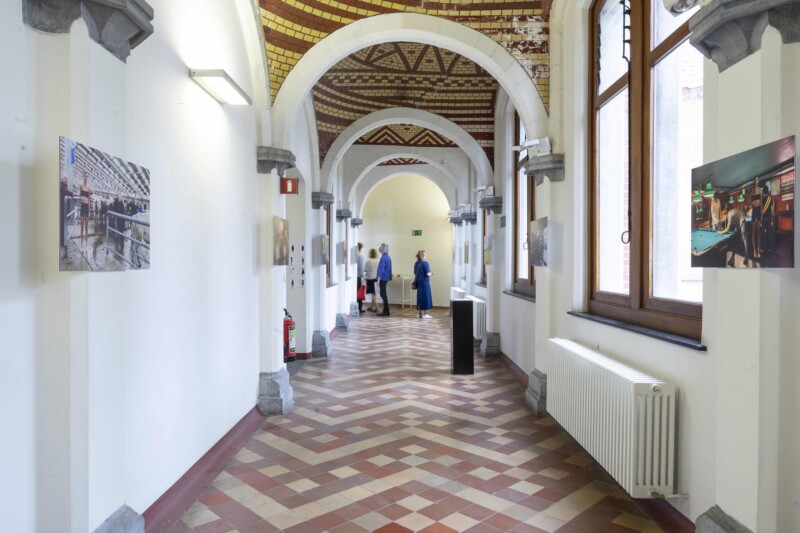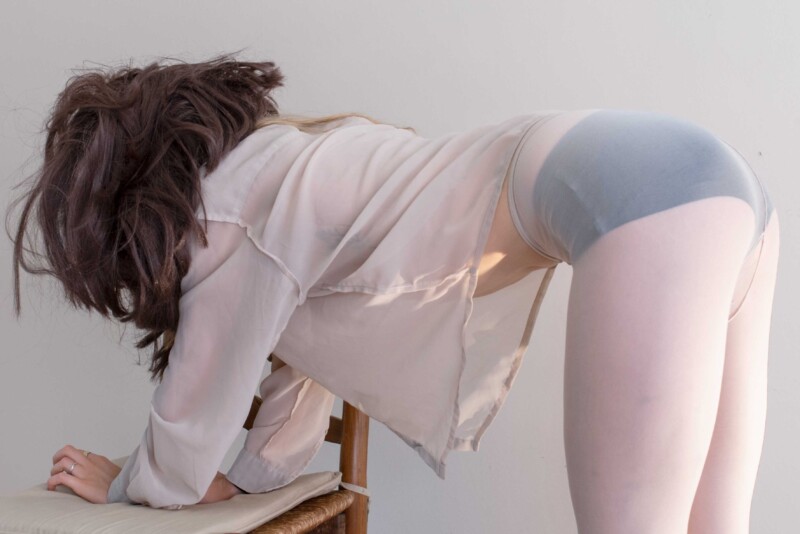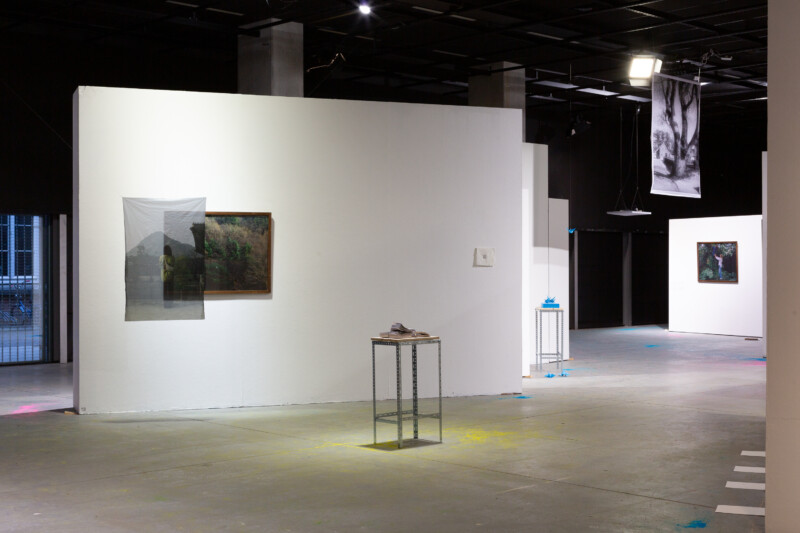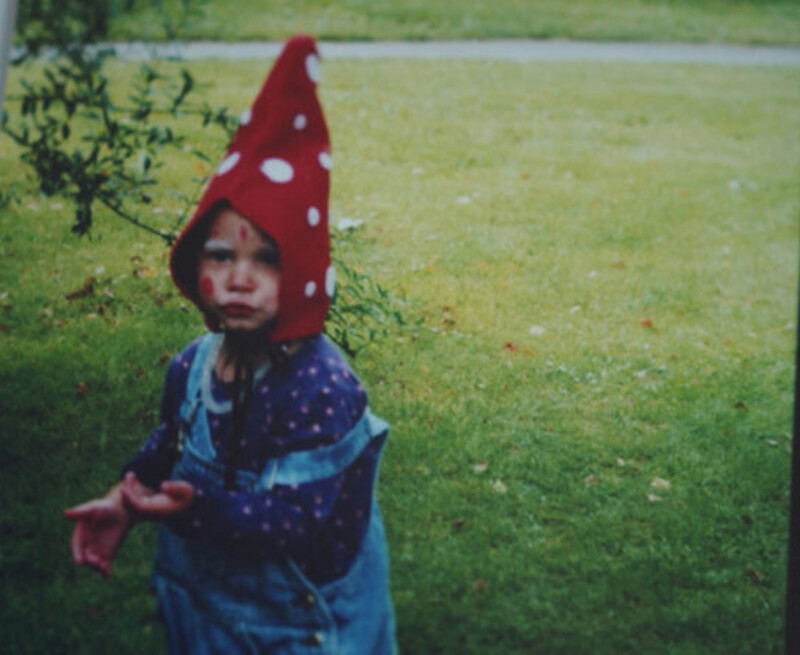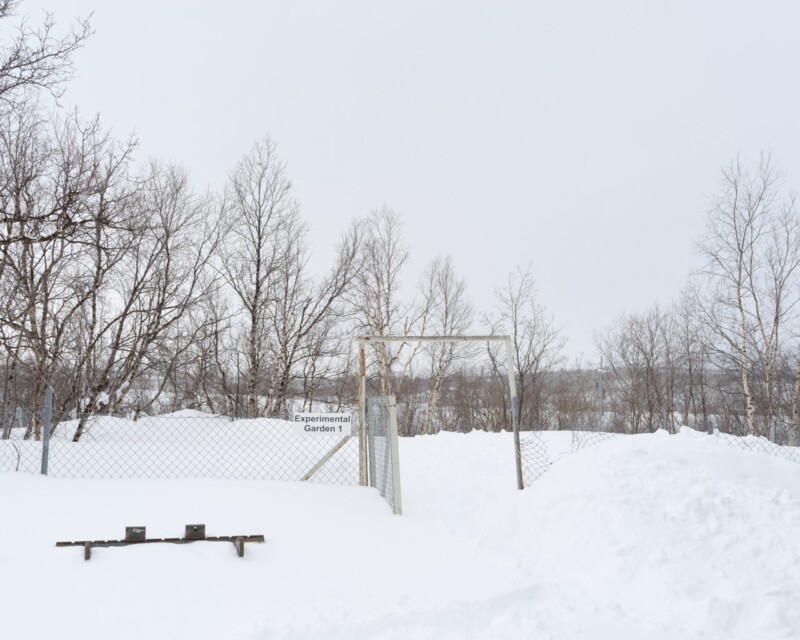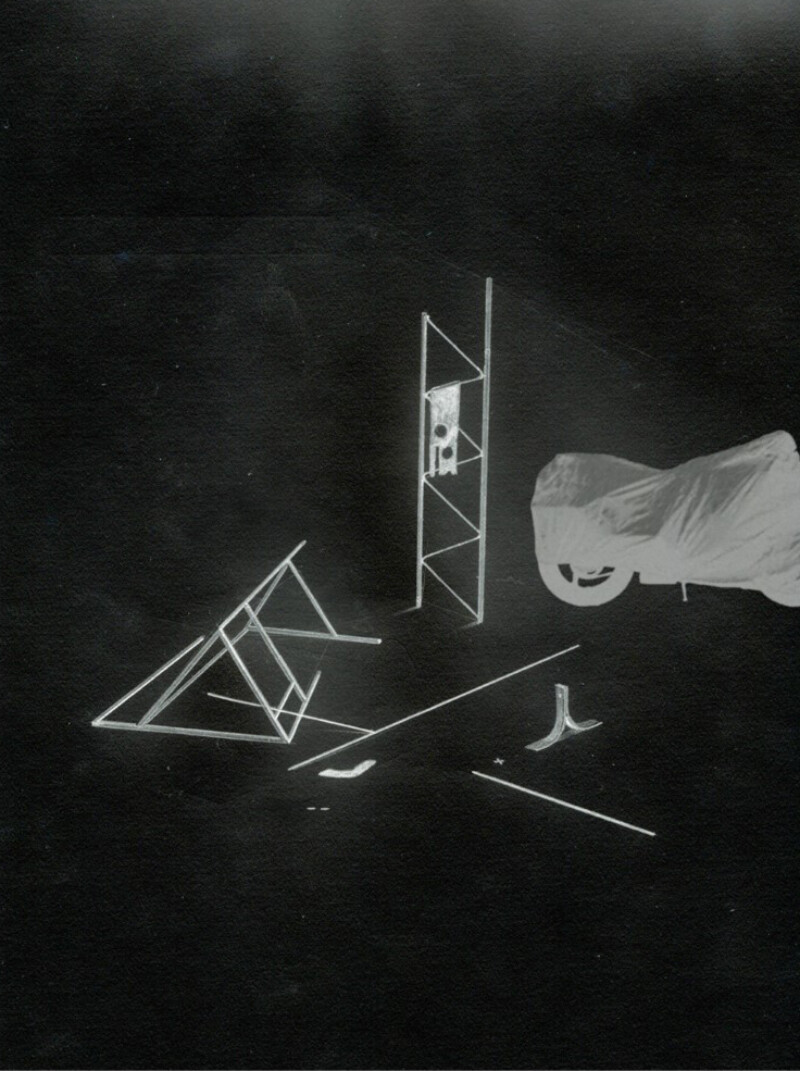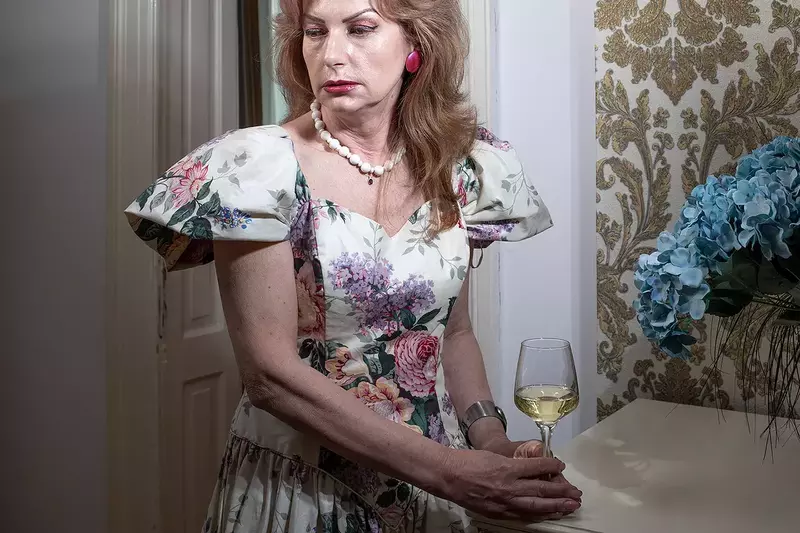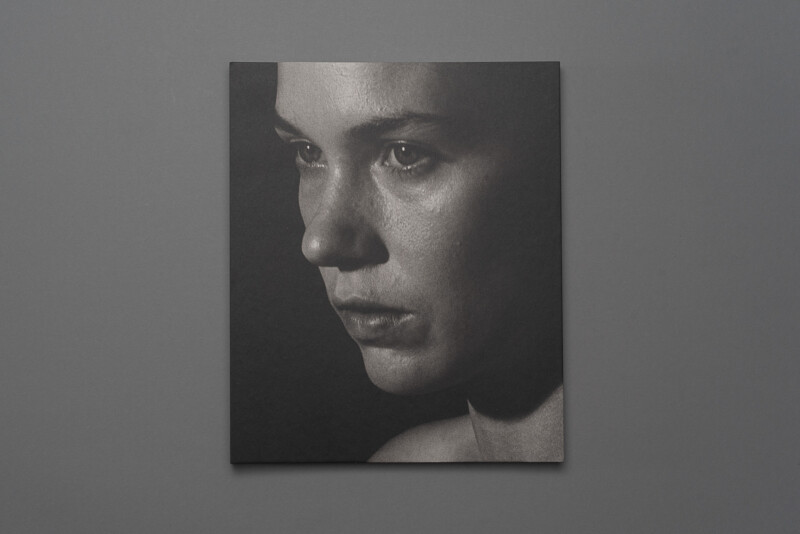photography
graduating option photograpy
3+1 years
English master
read more about the programme
Photography is an amazing medium. Subject to extraordinarily rapid technological developments and global diffusion, it continues to claim its unique place in the spectrum of representation and imagination. It offers constantly renewed possibilities of expression that make it a responsible, powerful and playful key medium of the twenty-first century. With flexibility, KASK & Conservatorium's graduate option in photography explores the endless possibilities of documentary photography. Documentary photography is in the dna of our programme. Every photographic work created with us starts from reality. Our starting point is the photographer who takes the camera out into the world and tries to document and fathom the human condition; the engaged photographer who investigates and observes, the storyteller who testifies, challenges or criticises, the artist who innovates and experiments.
Photography at KASK & Conservatorium is distinguished by particularly intensive guidance. During one-to-one and small group discussions with lecturers, each of whom has their expertise and their personal vision of photography or is in the field as a maker, students are challenged to develop their own visual language and appropriate a personal investigative documentary method.
A critical eye
Our programme forms photographers who want to tell something with images, authors who are engaged in a world in motion overloaded with fleeting photographs. That means they continue to question the medium. Therefore, to support their study path as image makers, we offer them a range of reference and thinking frameworks to explore their own work and interests. This enriching theoretical framing aims to teach students to speak and write about their photographic work and bring it out with confidence. They delve into both the photographic tradition and its archive, as well as ideas around aesthetics, ethics and the technologies of the future to learn to think critically about documentary photography, perceptions of reality and the authentic voice of the photographer.
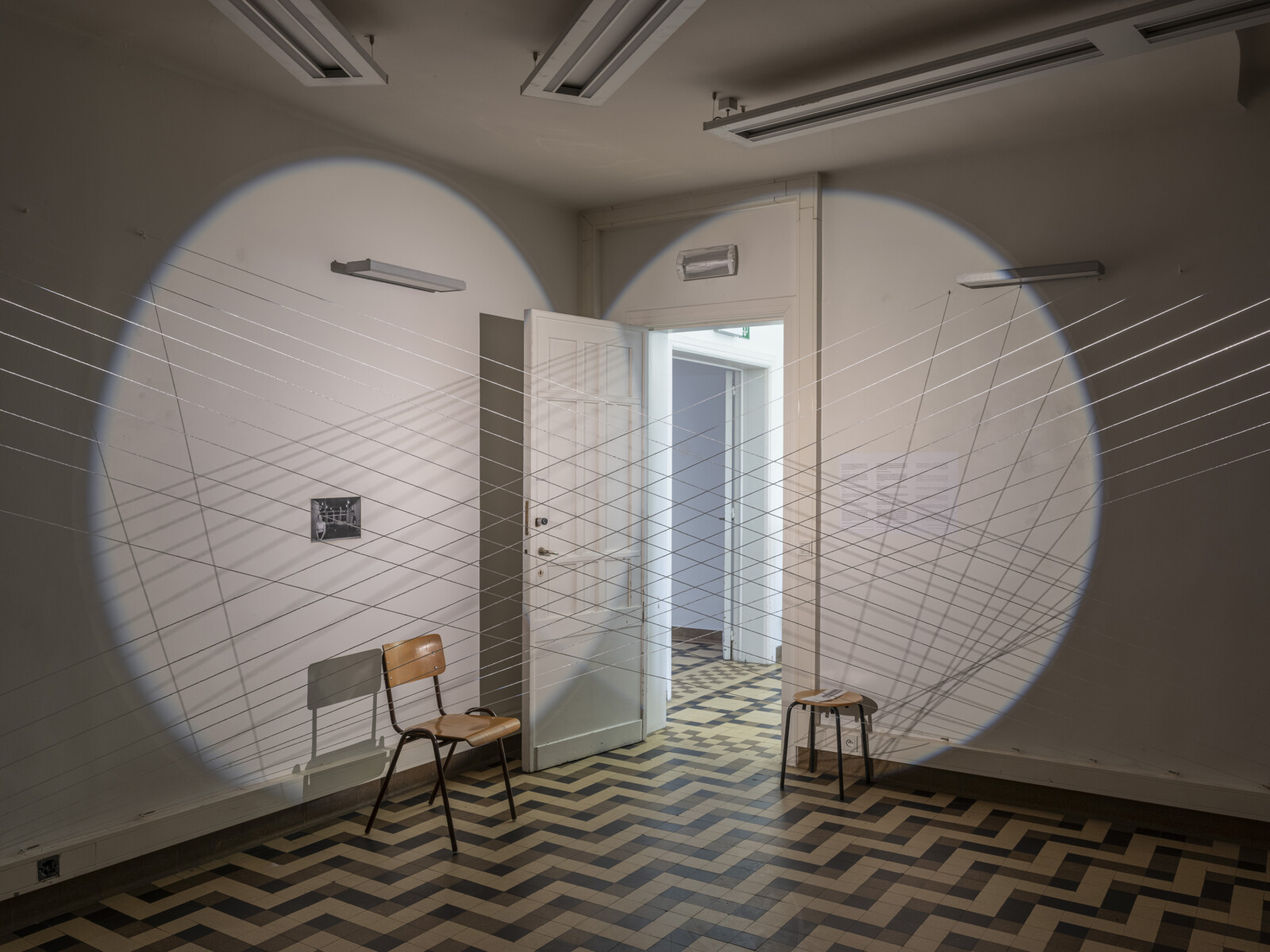
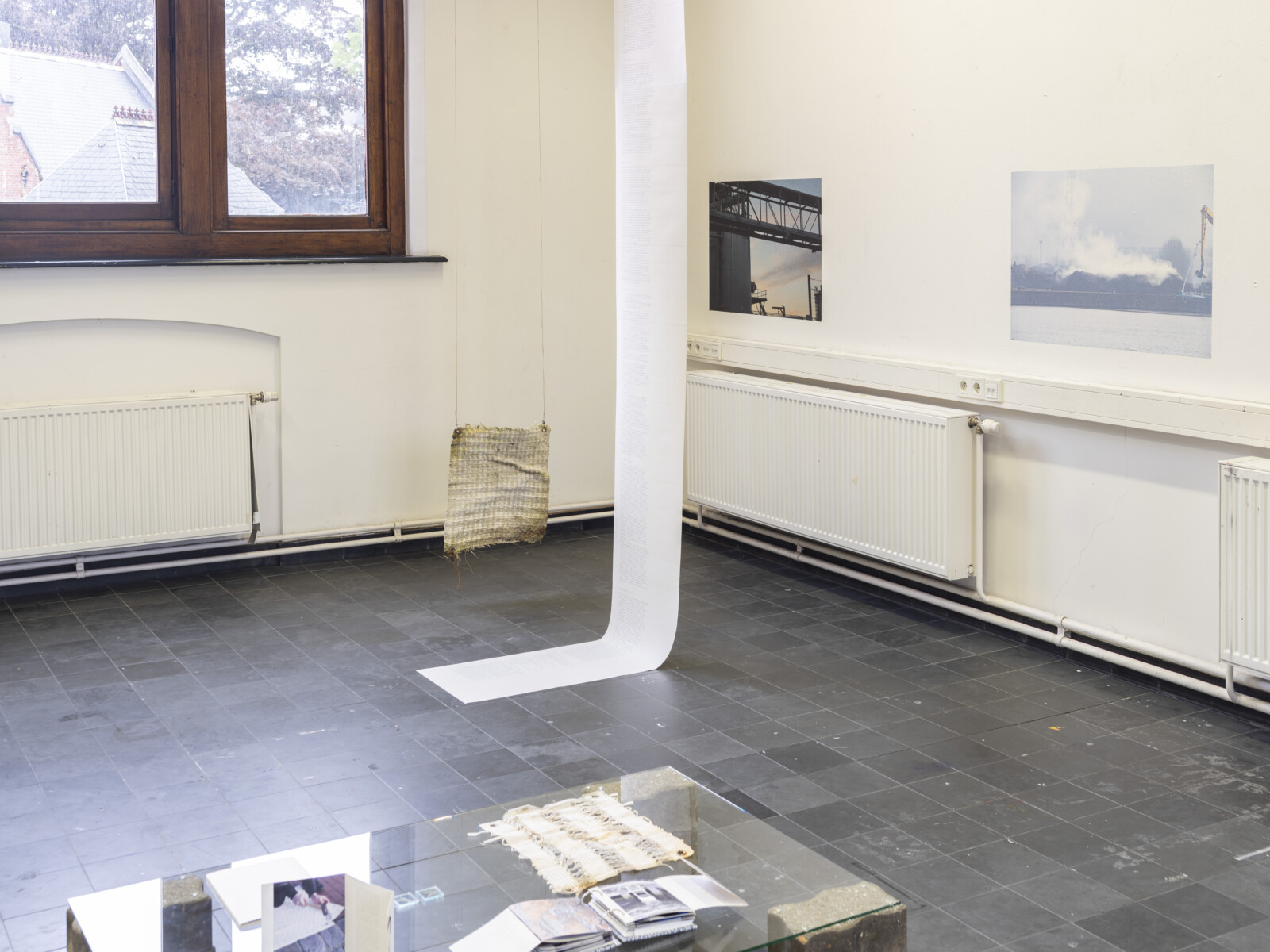
Laying the groundwork
As students learn to observe and research in the undergraduate years, they explore photographic imagery and the technical possibilities of photography, both digital and analogue, from 35mm to technical cameras. They are introduced to various studio and print techniques, and along the way attention is paid to the possible ways of displaying work and how a photographic image can function in different contexts. The programme has a tradition of teaching and exploring how photographs can be presented in an exhibition and a book.
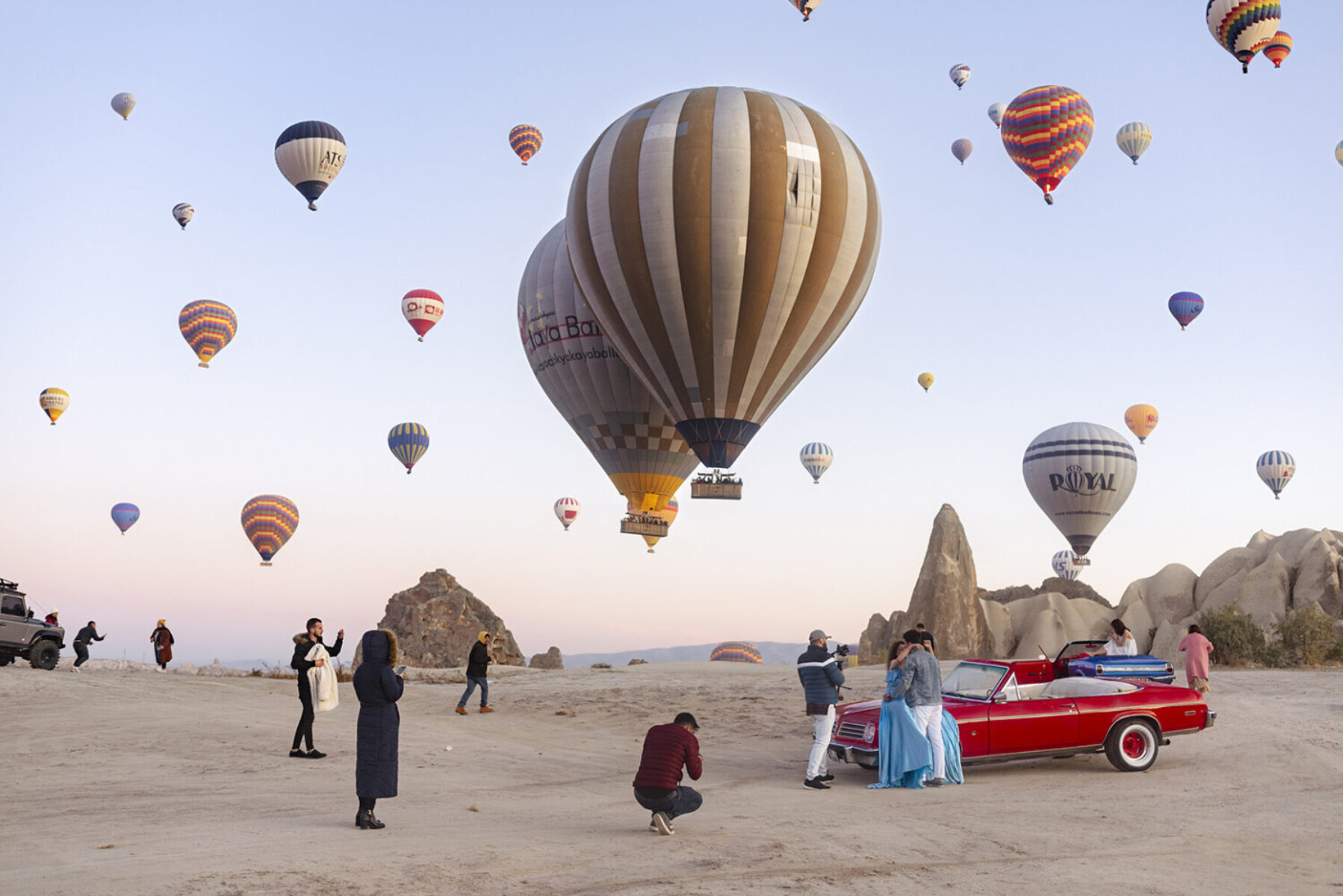

Once all these foundations have been laid, students in the master's degree can develop an autonomous and unique practice, guided by mentors of their choice. In addition, seminars, internships and a stimulating and caring work environment should inspire them to think more deeply about their position within documentary photography and the visual arts. With an authentic master project and thesis, they show that their vision and visual language matter and contribute to documentary photography in its many dimensions.
Alumni get involved
A significant number of our alumni are building an oeuvre as artists and documentary filmmakers, including Lieve Blancquaert, Dirk Braeckman, Eva Claus, Carl De Keyzer, Ode de Kort, Sanne De Wilde, Rebecca Fertinel, Neoza Goffin, Debby Huysmans, Helena Kritis, Lieven Lefère, Lucas Leffler, Charlotte Lybeer, Fien Muller, Joachim Naudts, Max Pinckers, Kaat Pype, Jan Rosseel, Lisa Spilliaert, Thomas Sweertvaegher, Kristof Thomas, Sybren Vanoverberghe, Gert Verbelen, Egon Van Herreweghe and Laura Zuallaert. They continue to stimulate our thinking around documentary photography, give us new insights and are asked for juries or other artistic collaborative projects.
Photography is an amazing and dynamic medium. Like any art form, it contributes to the intriguing search for an answer to the question: what is man? This programme challenges photographers to seek an answer.
English master
KASK & Conservatorium offers English-language master programmes in the visual arts, audiovisual arts, drama and music. Each year, dozens of foreign students choose the master programmes of our faculty to continue their studies. The presence of students from different international backgrounds is an enrichment for our educational tradition and provides an added value to the training of foreign master students and Flemish students moving on from the Dutch-language bachelor programmes alike.
The programmes are organized so as to facilitate encounters between Dutch-speaking and English-speaking students in informal contexts, in seminars and courses, and even in artistic projects they start up together. There are no differences in curricula, competencies, learning outcomes or organization between the English-language programmes and their Dutch-language counterparts. English-speaking candidates holding a master’s degree in music can also go in for the advanced master contemporary music or one of our postgraduate programmes.
Don’t hesitate to contact the study and learning track counsellors with your questions.
teachers
study programme
enrolment & tests
register for admission test bachelor photography
see the dates and assignments for the test
register for orientation test master photography
see the dates and assignments for the test
If you want to apply for an academic bachelor's degree, you must first pass an artistic admission test. To enter the master's programme, you will take part in an orientation test. These are organised several times per academic year.
english master
In addition to a Dutch-language master, this study path also has a fully English-language counterpart. Every academic year, dozens of foreign students start in the English master's at KASK & Conservatorium.
There are no differences in curricula, competencies, learning outcomes or organization between the English-language programmes and their Dutch-language counterparts. Don’t hesitate to contact the study and learning track counsellors with your questions.
credits
- Rembert De Prez, Experimental Garden - A Conversation On Permafrost
- Elisa Maenhout, A depth most would drown in
- Jonas Van der Haegen, Love Fuck Pray







